There are three things intrinsic to the legend of Shah Rukh Khan, one of India’s best-known cultural exports. It’s the house the actor built for himself by the sea of the city he swore he would own one day. It’s the happy, shiny, gleaming family that he worked hard for, having lost his father at 15 and his mother at 26. And it’s his reputation for integrity, created over a three-decade-long career in the public eye, which has caused him to clash at various times with various figures of authority, starting perhaps with Jamia Millia Islamia that didn’t allow him to take his final examination because of shortage of attendance.
Over the last fortnight, all these elements have been sought to be systematically dismantled.
Officers of the Narcotics Control Bureau (NCB) have visited Mannat to complete paperwork, an action the media reported as a ‘raid’. It is a house Shah Rukh is justifiably proud of. Built on heritage property, every bit of it has been a result of his movies, his endorsements, his dancing at weddings and his singing at concerts, years of backbreaking work for a man who spent his childhood and youth in rented homes.
His family, his three children, the light of his eyes, and his wife, once gleaming paragons of family values, were celebrated in shows such as The Fabulous Lives of Bollywood Wives (Netflix). Now the once-gilded couple has been nationally shamed for their parenting style, their comments pulled out of context, whether it is Shah Rukh telling Simi Garewal that his son, then two years old, could do whatever he wanted including drugs, or his wife Gauri Khan telling David Letterman that they were concerned, but not hysterical parents.
Above all else, his reputation, of a clean family man, stands frayed. I am an employee of the Shah Rukh Khan myth, he has often said. That myth today has taken a battering.
No Duplicate
In a world where the tall poppy syndrome is a default setting, it is natural to want everyone to be at the same level. And Shah Rukh has set himself up to be a very tall poppy indeed, magnifying his stardom in his increasingly self-reverential movies and in his interviews with global celebrities from anchors like Letterman to billionaires such as Amazon’s Jeff Bezos. Add to that, his stardom, which is all inclusive, just like that famous pose with outstretched arms. It includes Muslims, women, and the LGBTQ community. If Bollywood, on the Bharatiya Janata Party’s radar since it gave it industry status in 1998, has to sell the idea of a new Bharat to the world, the old icons have to be brought down to earth, and new stars and stories created.
It has been a taxing time for the star, who has remained silent through it all, choosing to fight the battle legally, not seeking sympathy or scurrying for support or grovelling for a pardon. But he is in the public eye, his sorrow and that of his wife’s, on display for all to consume, discuss, debate and digest.
And there is an undeniable quality in all of us—we are quick to judge, especially celebrities we adore. We love to celebrate Shah Rukh’s films in theatres or avidly check out Gauri’s latest home design in a lifestyle glossy. It ticks all the boxes of how we expect the super-rich to behave, and while we aspire to that way of living, we also envy it. When you watch The Fabulous Lives of Bollywood Wives, it’s hard not to cringe when the “girls” talk about Gauri Khan. As Maheep Kapoor, her long-time friend, says: “She’s the OG. She’s the woman who’s married a man, a mega, mega superstar, and not been overshadowed by him.”
Respect is poisoned with resentment and that becomes the fabric of our relationship with even our most beloved stars. Some of them, like Amitabh Bachchan, will come out to give darshan, quietly, or tweet irrelevantly, and retreat, literally and metaphorically into their gated bubbles. But Shah Rukh has immortalised that fandom in Billu (2009); he has captured that darshan on cinema, in Fan (2016), and he has even mocked it as in this year’s Disney+Hotstar ad, making us wonder again at the playfulness of the actor.
Shah Rukh Khan was India
Shah Rukh has never been an accidental star. It is a stardom that has been well-thought-out and brilliantly executed. He has done that by always measuring himself against modern Bollywood’s most incandescent star, Bachchan. He has done iconic remakes, whether it is Bachchan’s Don or Dilip Kumar’s Devdas, to remind people of his self-declared cinematic legacy. He has, of all of his contemporaries, had the most books written about him, whether it is books that analyse his cinema, him or his appeal to women across the globe.
In the movie Chak De! India (2007), his colleague tells Shah Rukh’s character in the movie, “ek galti toh sabko maaf hoti hai (everyone is allowed to make one mistake)”. Shah Rukh smiles scornfully and says: “Sabko? (everyone?)” In the film, the implication is that a Muslim in public life in India has to be extra cautious. There should be no chinks in his—or his family’s—armour.
Shah Rukh has negotiated change before. In the ’90s, he told us how to deal with the three Ms of Mandir, market and Mandal. Love was everything. Love for oneself, for the family, for the country. But the world is in transition, and as old certainties in the film industry collapse, the new is yet to be born. After the failure of his ambitious Zero (2018), Shah Rukh took a year off in self-imposed exile, which thanks to the Covid-induced lockdown, extended to a three-year break. He was getting ready to sweep audiences off their feet with a series of releases, starting with Yash Raj Films’ Pathan, Attlee’s thriller rumoured to be based on Money Heist, and Rajkumar Hirani’s immigration drama. Shooting for the first two has been halted as he deals with his personal crisis. Says a friend: “He says he is fine. He doesn’t want any help. He will exhaust all legal options.”
Shah Rukh Khan is a product of the institutions and ethos that have made India a proud democracy: its missionary schools that taught egalitarianism, its subsidised college education that taught inclusiveness, its amateur theatre where you could learn acting in exchange for hard labour. It was a world in which education could make you enter a world of privilege and you could shut the door after you. In the new India, you’re expected to keep the door open. If you don’t, no one has any qualms in breaking it down. And it will use every rulebook, every law, every regulation to do so.
This article was originally published in The Print.





-20251228011000.webp)

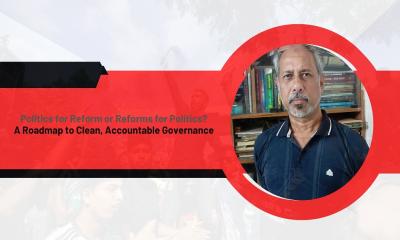

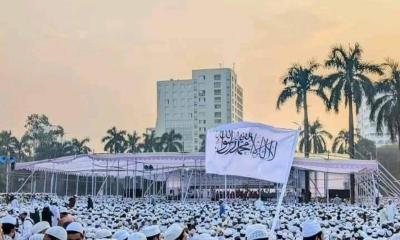



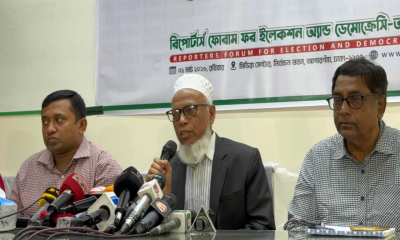



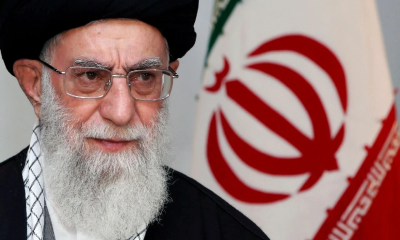
-20260301064029.webp)
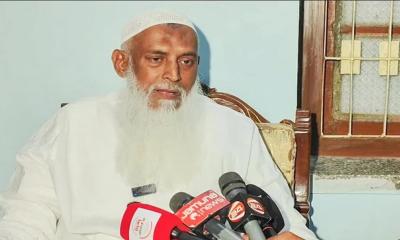
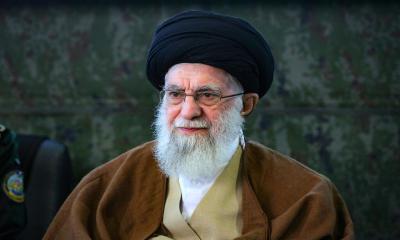

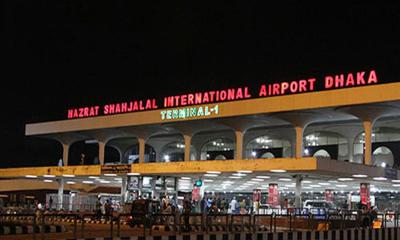

-20260228080513.webp)





-20260224075258.webp)






-20260225072312.webp)
